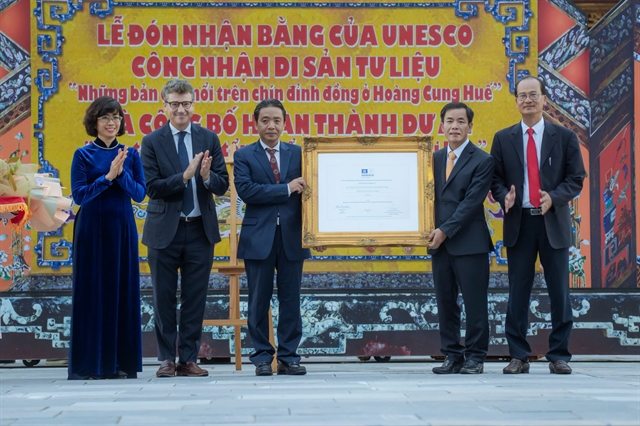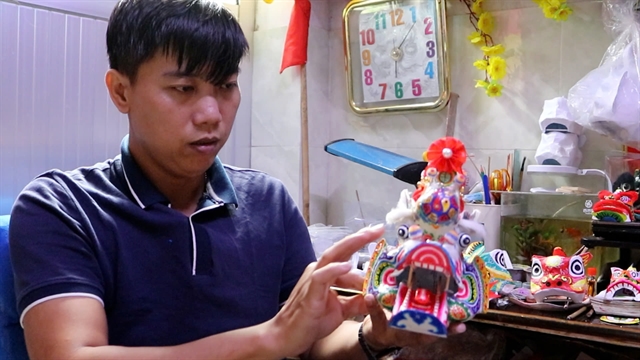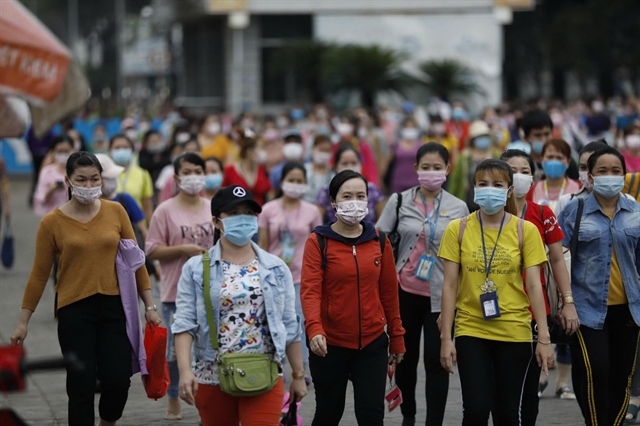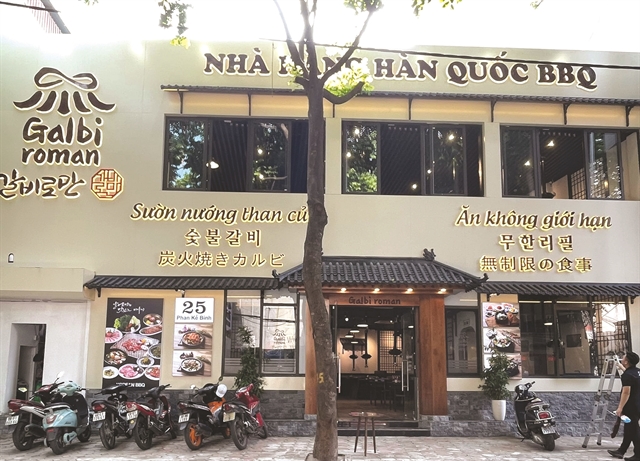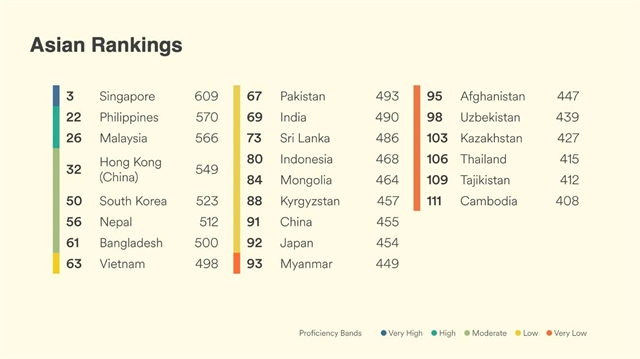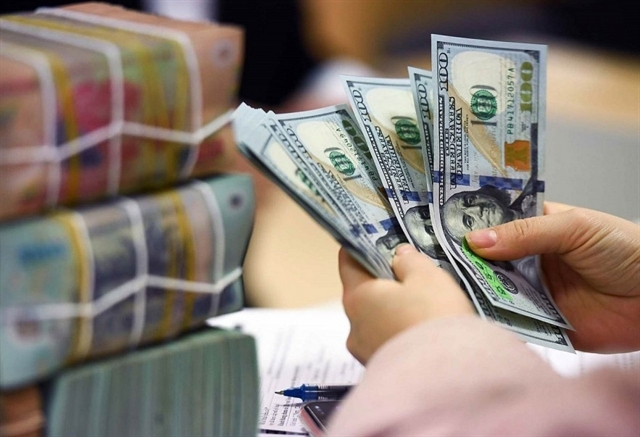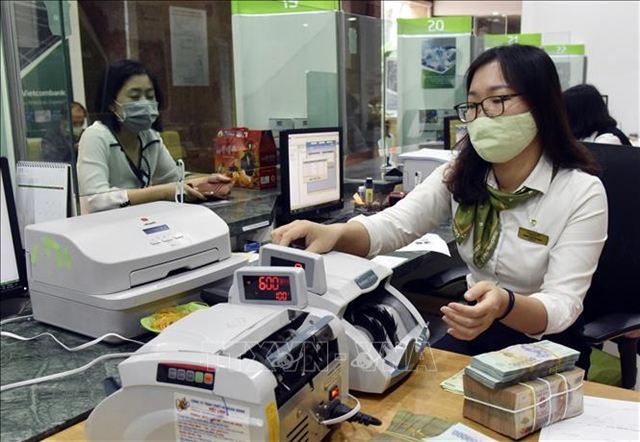 Economy
Economy
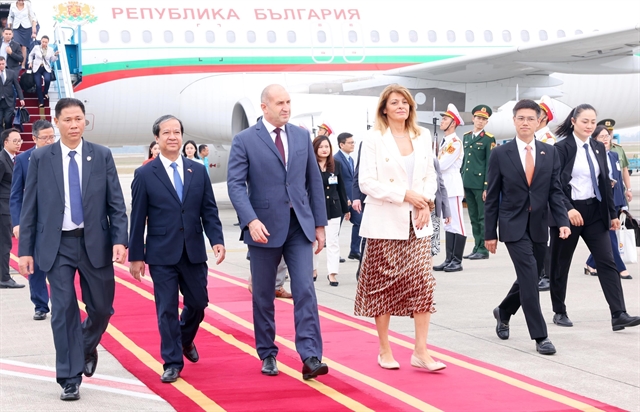
Goods temporarily imported for re-export can be kept in Việt Nam for no more than 60 days from the date of completion of customs formalities, according to a new Governmental decree.
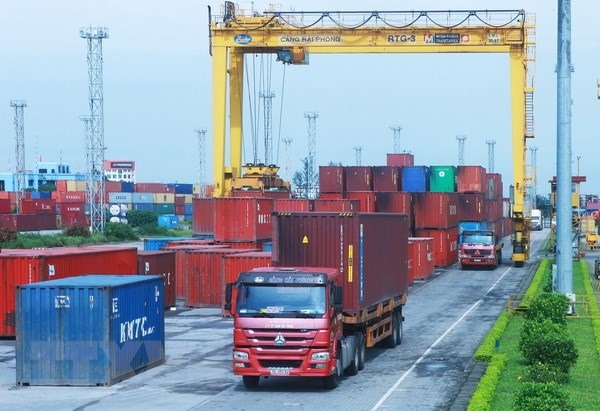 |
| A corner of Chùa Vẽ Port in the northern city of Hải Phòng. — VNA/VNS Photo Lâm Khánh |
HÀ NỘI — Goods temporarily imported for re-export can be kept in Việt Nam for no more than 60 days from the date of completion of customs formalities, according to a new Governmental decree.
Decree 69/2018/NĐ-CP, issued by the Government, details a number of articles of the Law on Foreign Trade Management, which lays down rules on the temporary import and re-export of goods.
In cases where it is necessary to extend the time limit, businesses must send written requests for extension to the customs sub-departments which carry out the temporary import procedures. The duration of each extension shall not exceed 30 days and not more than two extensions may be granted per batch of goods temporarily imported for re-export.
Upon expiry of the 60-day limit, businesses are required to re-export the goods out of Việt Nam or destroy them. In case they want to import into Việt Nam, they must abide by regulations on the management of imported goods, as well as tax.
The Deputy Minister of Agricultural and Rural Development (MARD), Trần Thành Nam, told enternews.vn that while it had positive effects on border economic development, the temporary import and re-export of agricultural products also had its share of flaws, sometimes "strangling" domestic production.
Nam said in many cases of temporary import for re-export, after being imported, goods were unloaded and divided into small packages to sell to the market.
"Such consumption is not in accordance with international trade conventions, so the detection of violations will negatively affect the prestige of agricultural products from Việt Nam," Nam said.
The storage period is long, while the enterprises are allowed to remove the goods from the customs control area and take responsibility for preservation of the status quo during the storage period. This is a loopole for enterprises to violate the regulations.
Many agro-forestry and fishery products temporarily imported for re-export are on the list of goods banned from import and domestic consumption. However, some of these products find their way to the market and end up being consumed. Their untaxed status means they are cheaper than general market prices, which has a negative impact on the domestic market and creates a price war for Vietnamese goods.
Nam said the Minister of Agricultural and Rural Development urged the Prime Minister in mid-2017 to temporarily suspend the temporary import and re-export of meat products and animal organs. In the long run, however, the ministry needed to come up with a comprehensive assessment of the impact of the temporary importation and re-export of frozen food items to the nation’s economic and social interests, he said.
It is also necessary to have an accurate view of the impact of this activity on the market to ensure food safety and production for Vietnamese consumers, Nam said.
According to Deputy Minister of Industry and Trade Trần Quốc Khánh, temporary import for re-export is recognised and permitted under Vietnamese law. The activity is still under the management of the ministry in accordance with the provisions of the Commerce Law, the Foreign Trade Management Law, relevant guiding documents, and the direction of the Prime Minister, Khánh said.
“In the process of management, all comments will be studied and received by the ministry, and will be finalised or submitted to the competent authorities to complete the relevant regulations,” Khánh said. — VNS

